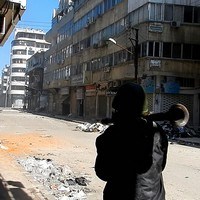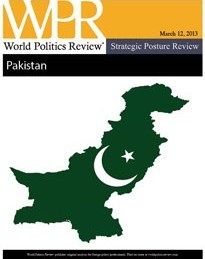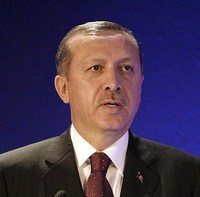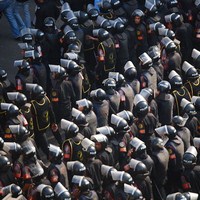
Speaking in Tehran at a forum on human rights in February 2012, Iranian Chief Justice Ayatollah Sadegh Larijani called Iran’s ratification of the Universal Declaration of Human Rights in December 1948 a “mistake.” Larijani was reacting to reports by the U.N. special rapporteur on human rights in Iran, Ahmed Shaheed, on Iran’s systematic violations of the declaration. Larijani went on to deny the incidents documented in the reports and assert that the U.N.’s evidence was false. But Iran is indeed expanding its crackdown on political, religious and social freedoms in advance of the June 14 election to select a successor […]








